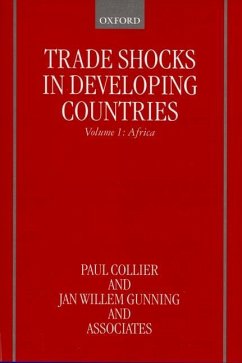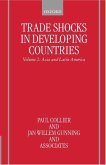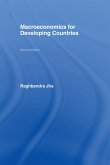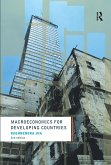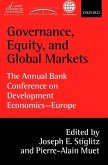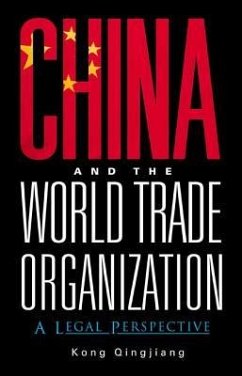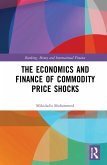Developing countries frequently experience trade shocks and the policy implications of this have been debated for decades.This important book is Volume 1 of a comparative study covering 23 countries, using a common methodology to estimate the effects of shocks. The conventional wisdom has been that private agents, in particular peasant farmers, could not be trusted to use windfalls wisely. This was, and continues to be, the main rationale for stabilising taxation of export crops. The convention was also that windfalls accruing to the public sector were a bane since governments had low savings rates. The evidence in this definitive study supports neither generalisation. Trade shocks typically lead to high savings rates, irrespective of whether they accrue to private producers or to the government. However, the case studies find substantial policy errors so that windfalls are often not translated efficiently into permanent income increases and indeed often lead to a reduction in output. The studies argue for a drastic revision of the case for government action in response to trade shocks. Volume 1 deals with Africa, Volume 2 with Asia and Latin America.
This two-volume work gathers together 23 detailed case studies from Africa, Asia, and Latin America, presenting the background causes, descriptions, results, and implications of all the recent economic upheavals in the developing world.
This two-volume work gathers together 23 detailed case studies from Africa, Asia, and Latin America, presenting the background causes, descriptions, results, and implications of all the recent economic upheavals in the developing world.

